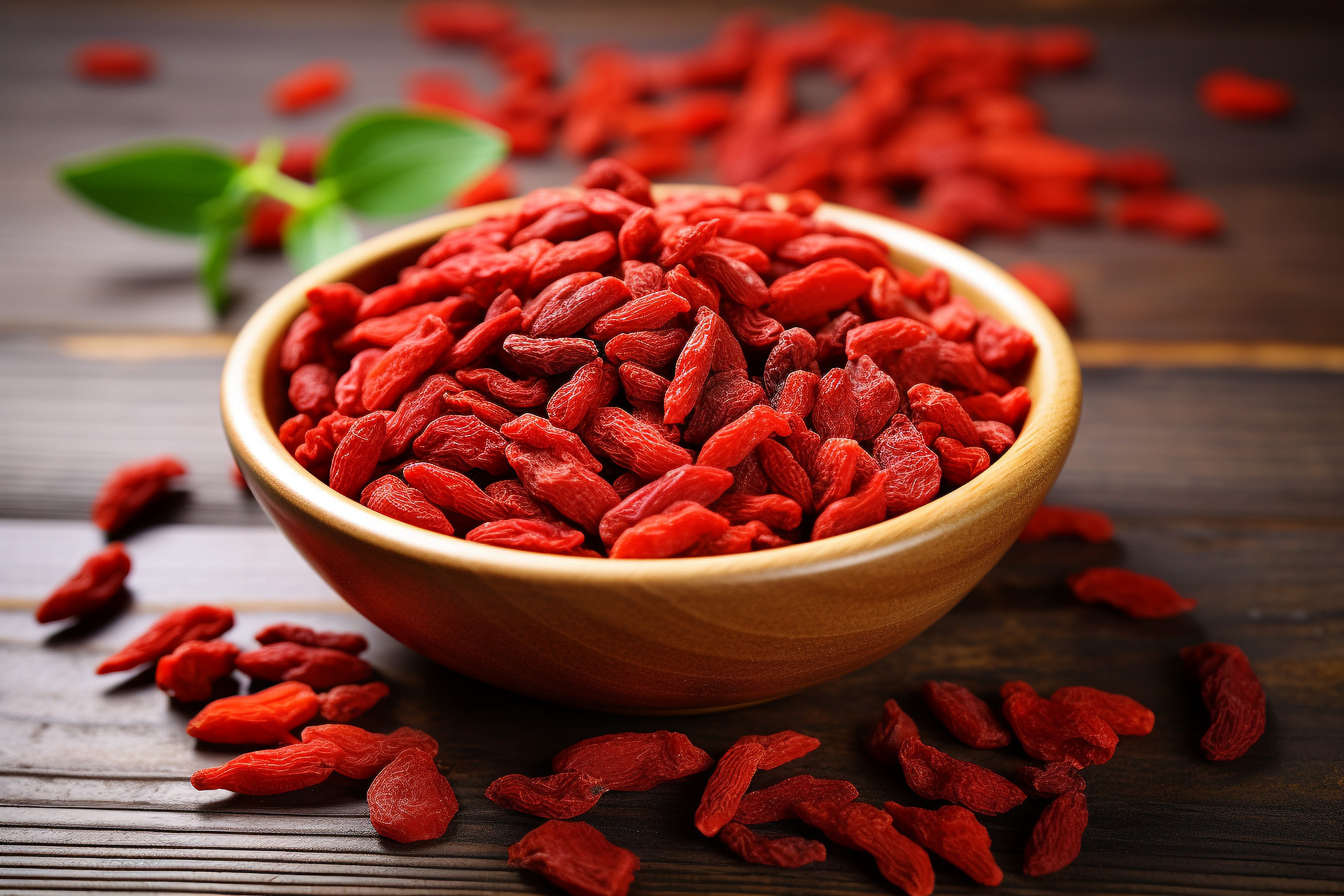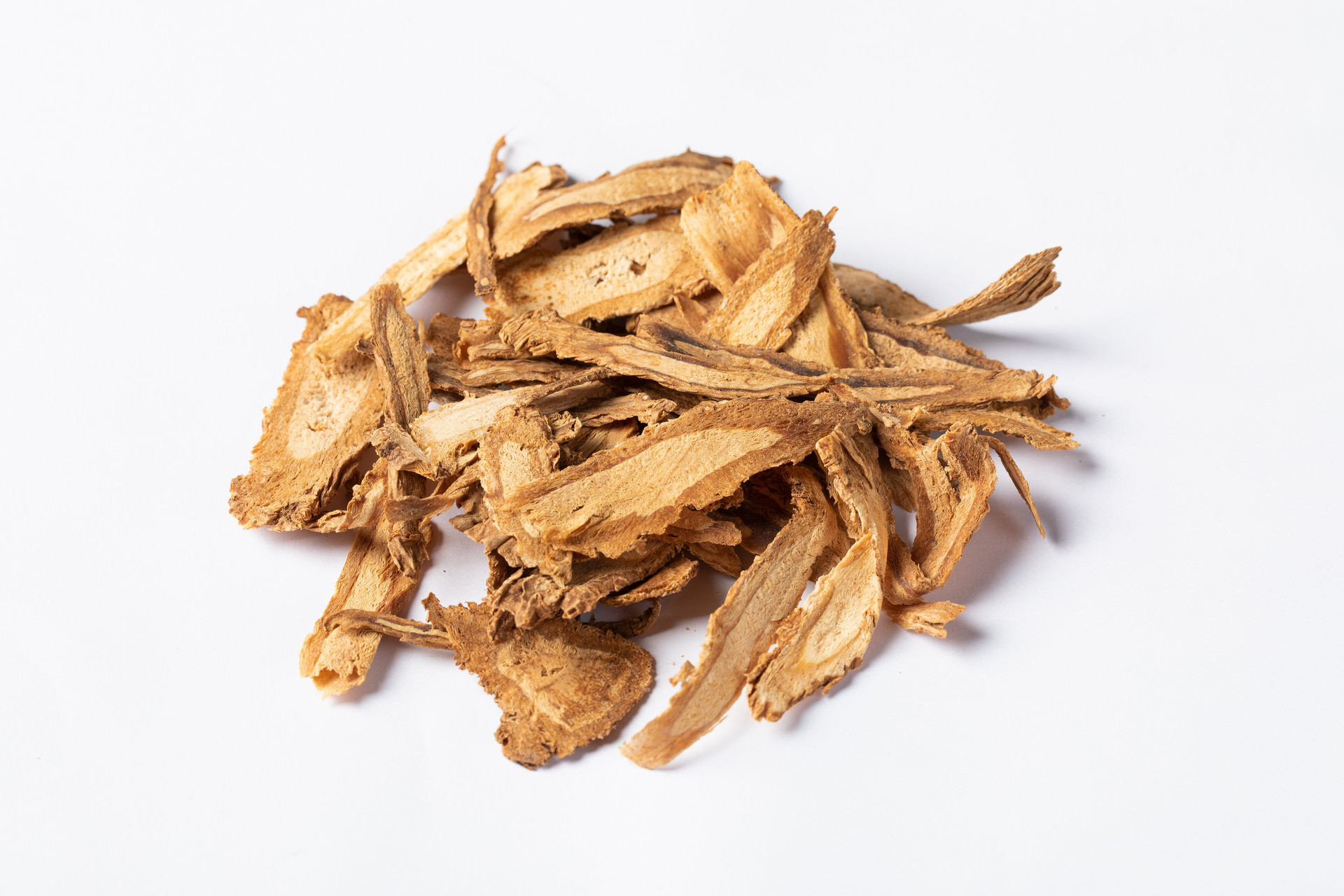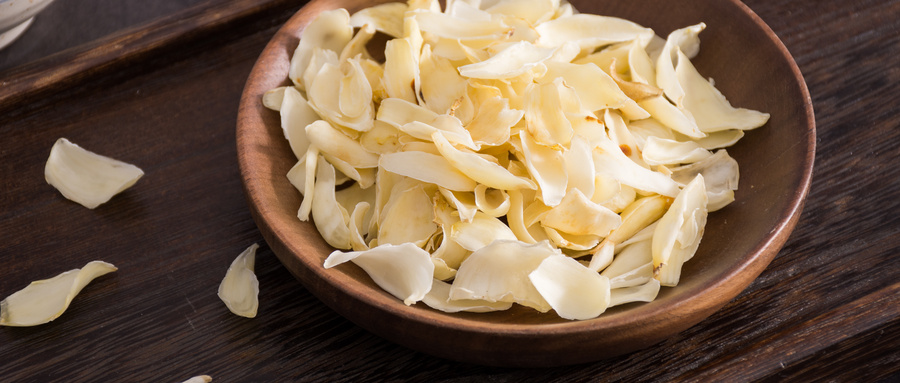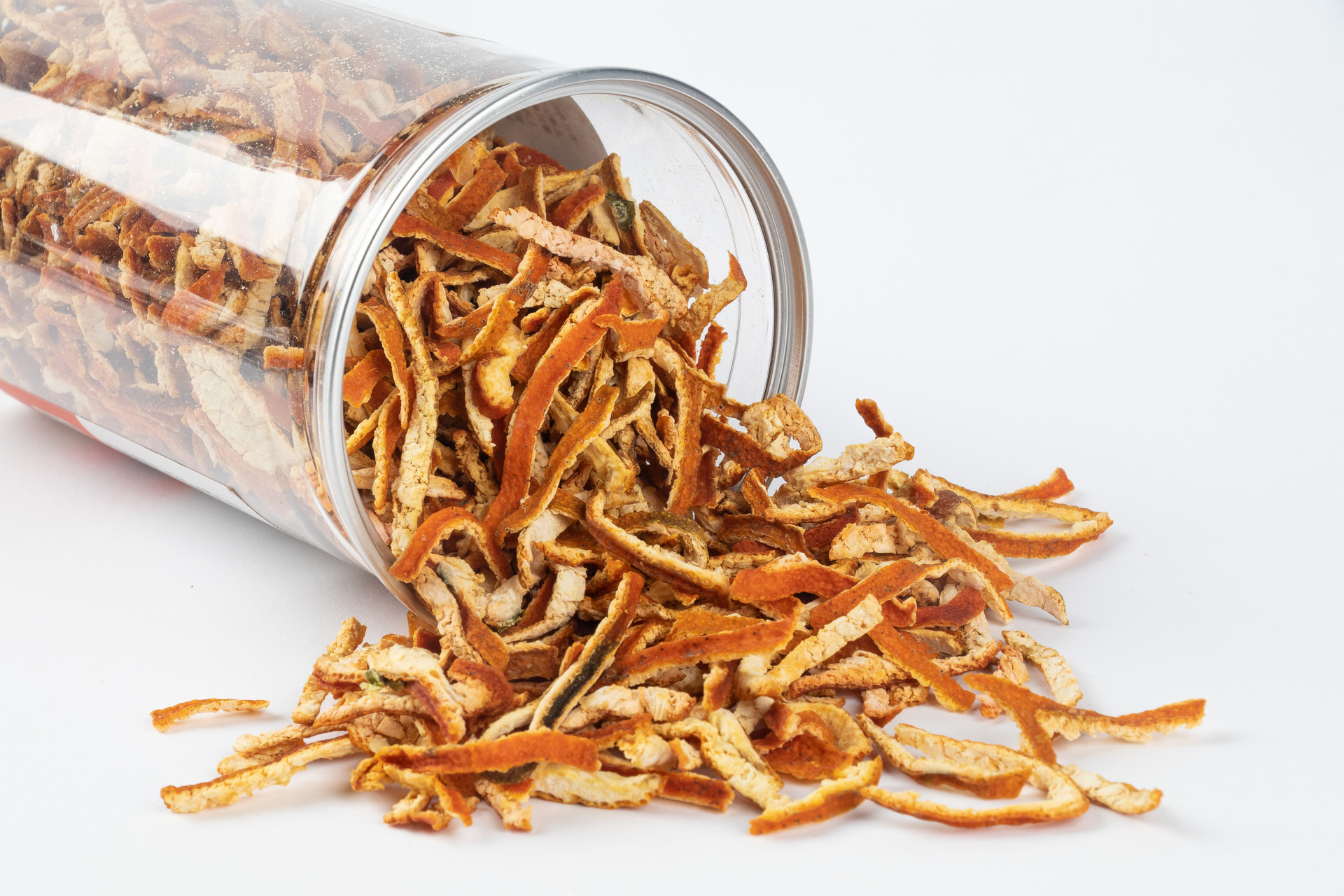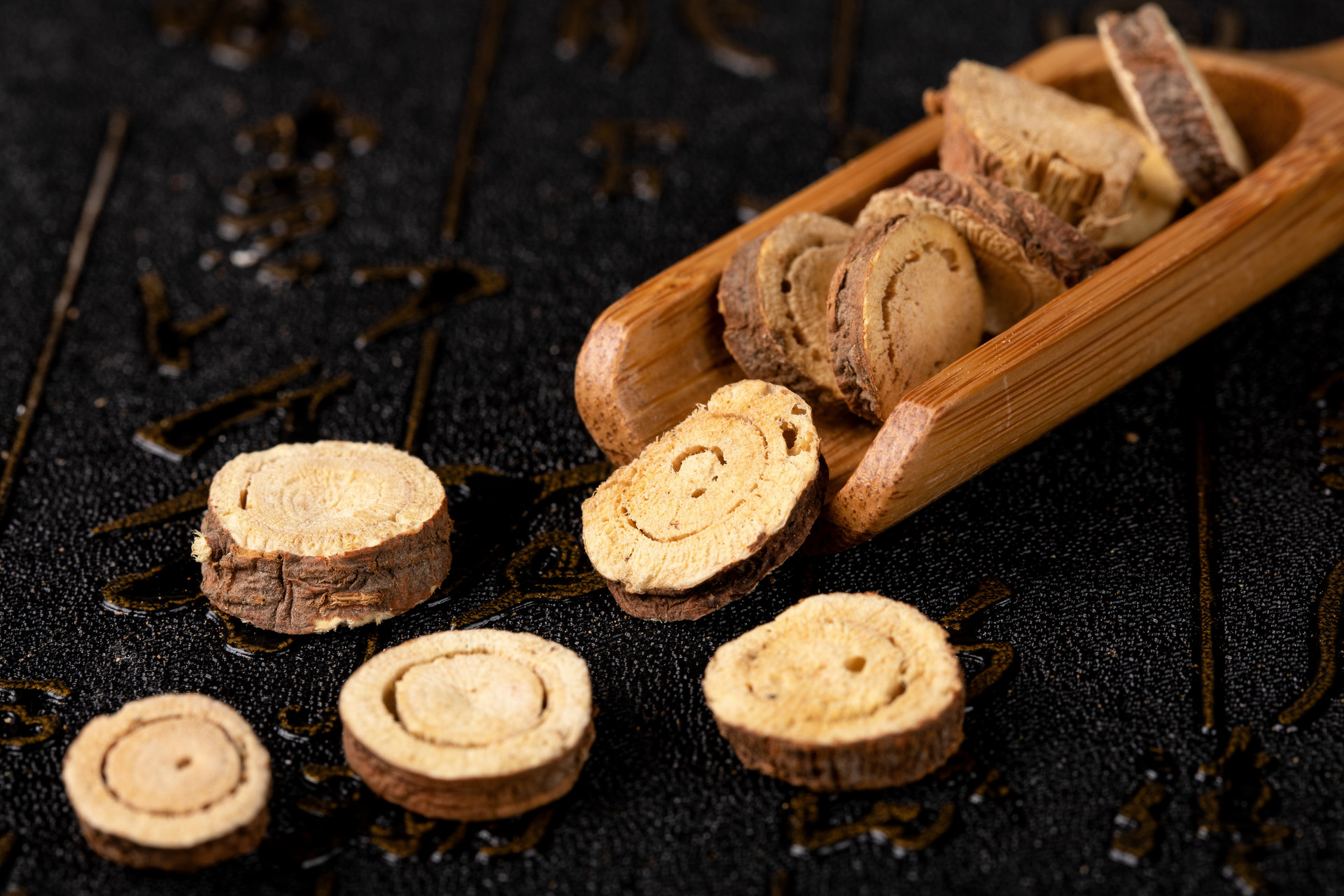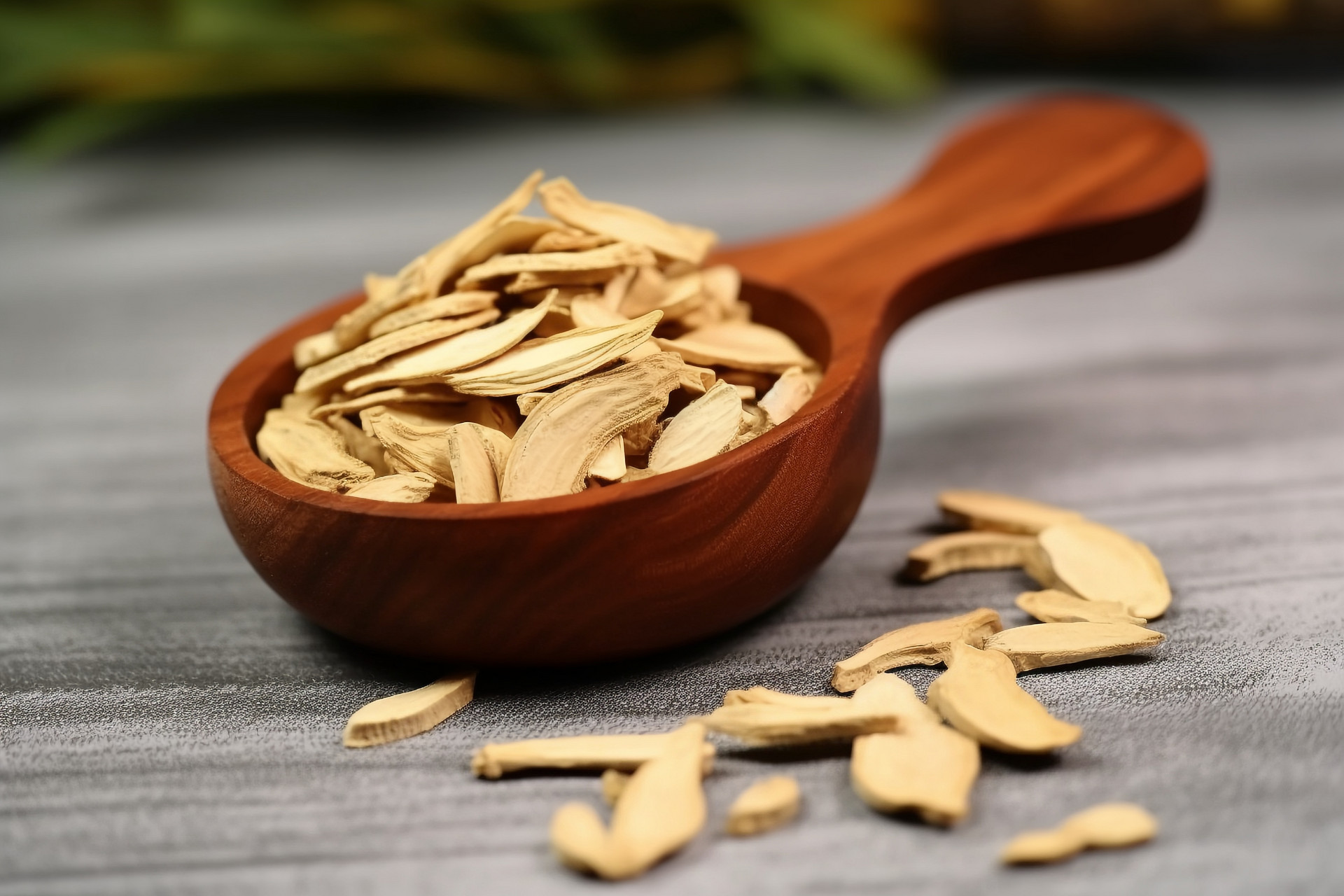Qinpi, also known as Cendu or Qin white bark, is mentioned in the "Shennong's Classic of Materia Medica". It refers to the bark of the branches or stems of Fraxinus rhynchophylla Hance, Fraxinus chinensis Roxb., Fraxinus szaboana Lingelsh., or Fraxinus stylosa Lingelsh., which belong to the Oleaceae family. The bark is harvested in spring or autumn and then dried.
[Processing method] According to the "Collection of Annotations on the Classic of Materia Medica", the bark should be stripped of the outer soft and fragile layer, and the inner part with taste should be weighed. The "Secret Essentials from the Outer Court" suggests cutting it, while the "Collection of Production and Nurturing of Treasure and Celebration" suggests removing the thick bark. The "Description of the Origins of Medicinal Herbs" states that the bark should be separated from the wood. Currently, the raw materials are cleaned, washed, moistened, sliced, and dried.
[Appearance of the medicinal slices] The Qinpi slices are semi-cylindrical or oar-shaped, with a grayish-brown or gray-black outer surface that is slightly rough and has small round pores. The inner surface is yellowish-white or brown and smooth. The cross-section is yellowish-white and fibrous. The texture is hard and brittle. The water extract exhibits a blue fluorescence. The aroma is mild, and the taste is bitter.
[Quality requirements] Qinpi should contain not less than 1.36% of Qinpi glucoside (C15H16O9).
[Processing properties] Qinpi has a bitter and astringent taste, and is cold in nature. It enters the liver, gallbladder, and large intestine meridians. It has the functions of clearing heat and dampness, astringing, and improving vision. It is commonly used for treating dysentery, diarrhea, abnormal vaginal discharge, red and swollen eyes, and corneal opacity. For example, it is used in the "Antidiarrheal Powder" for treating enteritis and dysentery (from the "Commonly Used Medicinal Preparations"). The "Qinpi Powder" from the "Taiping Holy Prescriptions" is used for treating liver channel wind and heat, red and swollen eyes, and the presence of corneal opacity and pterygium. The processed Qinpi is clean, making it easier to mix with other ingredients and extract its constituents.




